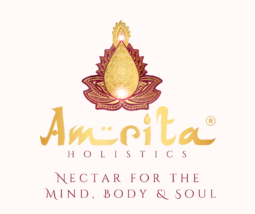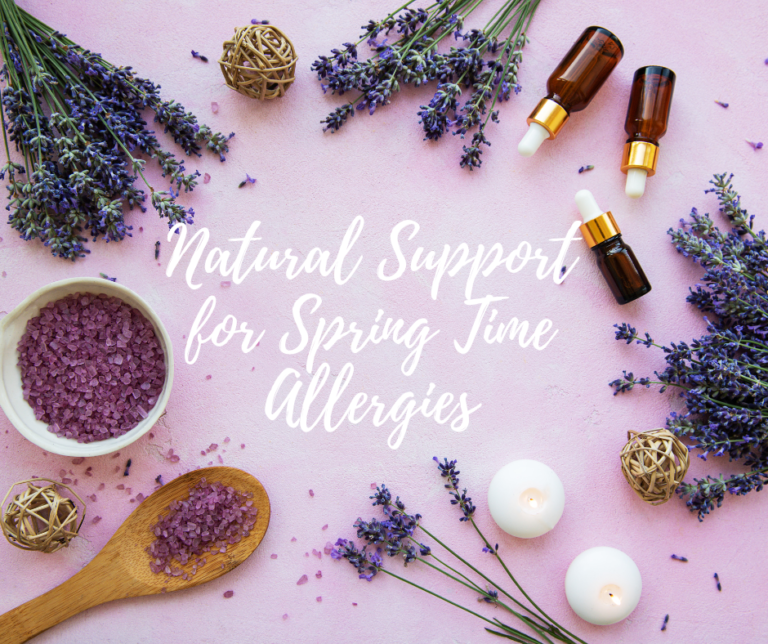
In my last blog I wrote about transitioning into Spring Time with Ayurveda, and touched on the subject of allergies
The number of people suffering with allergies and viruses’ this Spring seems to be unusually high. I have heard reports here of an increase in the numbers of chemicals and pesticides being used. Whatever the reason for this is, some other things you can do to reduce allergies at this time and reduce the toxic load on our systems generally (which is always a good idea!):-
- Always shower and change clothes before bed or after you get home
- Clean the house thoroughly and regularly to reduce dust and pollen
- Regularly wash bedding on a hot wash and change pillow cases more often as necessary.
- Use a vacuum cleaner to effectively get rid of unwanted dust, pollen and pet hairs – ensure you vacuum upholstery, curtains, mattresses.
- Use hypoallergenic pillows.
- Wash fresh food well and using an ozonator – a device that is safe, natural and effective in oxidizing residual chemicals, parasites and antibiotics sometimes present on the surface of certain foods, fresh fruit and vegetables, making it safer for consumption.
- Other natural methods for this purpose include: adding a couple of tablespoons of vinegar to a bowl of water and soaking the fruits / vegetables for around 20 minutes, then rinse before eating.
- Or combing baking soda, lemon juice and water together in a spray bottle, shake well, and spray over your produce. After a few minutes, rinse and ready to eat.
- It is always best to opt for organic produce where possible, however one can still use these precautionary methods to be on the safe side and to also reduce the likelihood of ingesting parasites.
- Also being aware of foods that are known to be highest in pesticides when you are shopping and / or purifying. Those known and listed as the “dirty dozen” by the EWG (Environmental Working Group) are – strawberries, spinach, kale collard and mustard greens, grapes, peaches, pears, nectarines, apples, bell and hot peppers, cherries, blueberries, green beans (unfortunately some of my most favourite foods!). Furthermore the group said that 75 per cent of all conventional, or non-organic, produce they sampled was coated with pesticides.
- Wear natural fabrics, that are not tight fitting, to reduce irritation, so that skin can breathe and is comfortable. (check out the recently launched, Amrita Temple Body Classic Collection of Yoga-Loungewear @Amrita_Holistics). Message me directly for a brochure – I am currently taking orders by email or phone. The online shop coming soon!
- Wash clothes with natural and / or fragrance free laundry liquid or powder.
- Use natural non-toxic products in your home. (Some of my favourite brands I used in the UK are Ecover and Young Living, and in India Patanjali Ayurved). Note that most things are easily cleaned with warm water and diluted dish soap and there are some cheaper natural alternatives for tougher cleaning of limescale and mould for example vinegar, bicarbonate of soda, Hydrogen peroxide and lemon.
- Use natural non-toxic products on yourself! (I am in the process on writing an Ebook on natural beauty tips – comment or send me a message if you are interested in knowing more on this!).

Ayurvedic practices that I regularly recommend for aiding the detoxification process in our bodies and minds at this time of year are:-
- Abhyanga massage (self massage technique)
- Oil pulling
- Tongue scraping
- Castor oil packs and colon cleansing
I have a detailed client sheets which take you through these practices step by step. If you are interested to know more do get in touch! Or to make an appointment for a free clarity call send me a direct message.
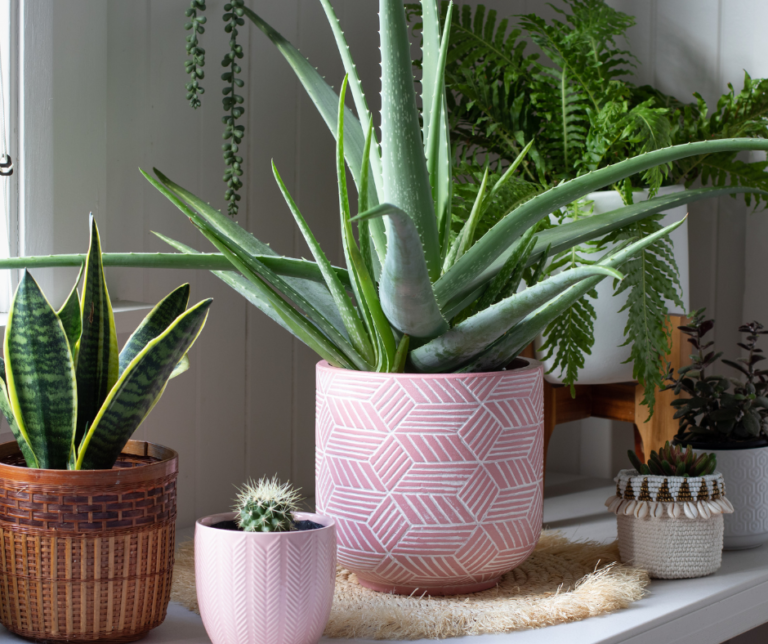
Investing in some house plants, is a great way to freshen, brighten up a space and change the energy!
There are some plants which are naturally good at purifying the air – so this also helps in reducing the toxins in our home environment.
Some of the best house plants and my favourites for this are:- ferns, spider plants, English ivy, bamboo, rubber plants, aloe vera, some palms, peace lilies and cheese plants.
Using essential oils can bring a welcome relief to spring time allergies and sinus issues.
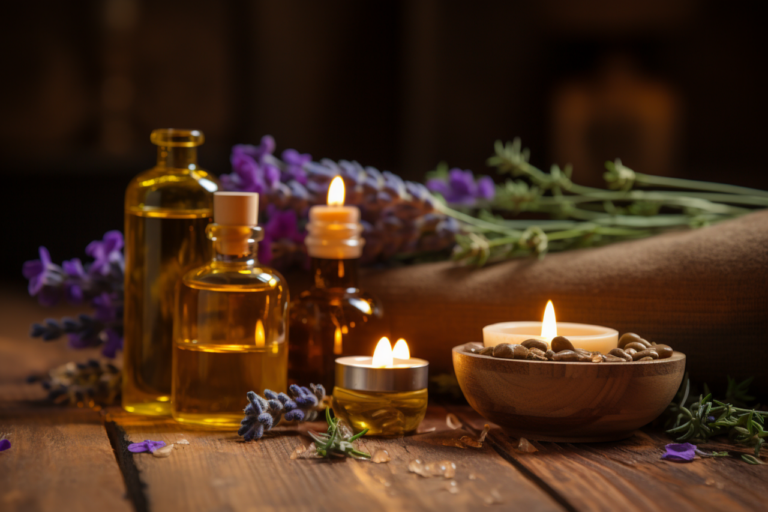
Some essential oils to try and their properties are listed below:-
- Tea Tree essential oil is antibacterial, antifungal, anti inflammatory and antiviral. It has many uses, however topical application when diluted with a suitable carrier oil can help with swelling and inflammation in a contact allergic reaction. It can destroy airborne pathogens that cause allergies and acts as an antiseptic agent.
- Lavender essential oil acts as a natural antihistamine, blocking what is creating your body’s allergic reactions at the source. It has powerful anti inflammatory and antiseptic properties. It can be used to treat and relieve many allergic reactions from pollen, to insect bites, stings and so on.
- Peppermint essential oil has pain relieving, soothing and anti inflammatory properties that are beneficial for soothing allergies and associated pain. It is also an effective decongestant.
- Thyme essential oil is rich in thymol, a component that is said to be antispasmodic. This can benefit the body by calming contracting muscles, offering relief and providing comfort from breathing difficulties. It helps to dry up excess kapha and mucus on the lungs and sinus area – it is therefore very effective against respiratory tract infections such as the common cold, as well as hayfever symptoms.
- When used in steam / a hot bath, an aromatherapy diffuser or a few drops on a handkerchief and inhale throughout the day – these oils can help ease symptoms of hayfever and sinus issues.
- Use an essential oil diffuser to help purify the air (I spoke about benefits of essential oils for easing symptoms of allergies in earlier post). Some essential oils that are great air purifiers are cedarwood, eucalyptus, rosemary, lavender, lemon, lemongrass and peppermint. Just add water and a few drops of your chosen essential oil (or blend), and diffuse!
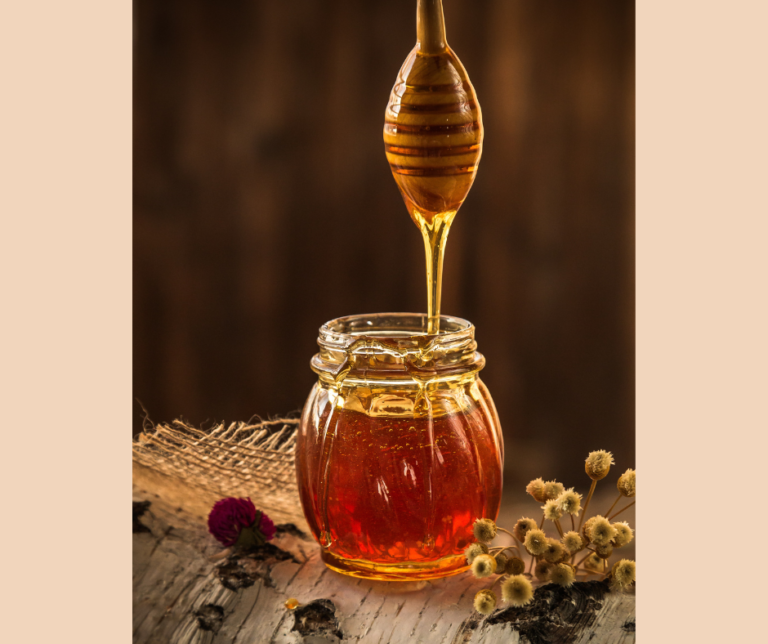
Consider adding raw local honey to your diet. Eating one spoonful a day every morning, starting a few weeks prior to when you experienced symptoms last year (ideally beginning before the allergy season typically starts for you). It may be beneficial to help in reducing symptoms over time and may also help longer term future prevention. There is a lot of mixed opinion on this one, however there is anecdotal evidence to suggest it can be helpful. The idea being if you ingest the pollens via the honey that bring you discomfort in the form of allergic reaction, it helps build up an immunity against them. Therefore ideally it should always be “local honey” – that is honey collected from the local area in which you live, that contains pollens from the trees and plants that grow there.
My father who took up beekeeping as a retirement hobby and who used to suffer with terrible hay fever, now regularly eats the honey he (or rather the bees) produces and interestingly no longer suffers at this time of year! If you live in the North London area and would like to order some of this award winning honey – do send me a message!
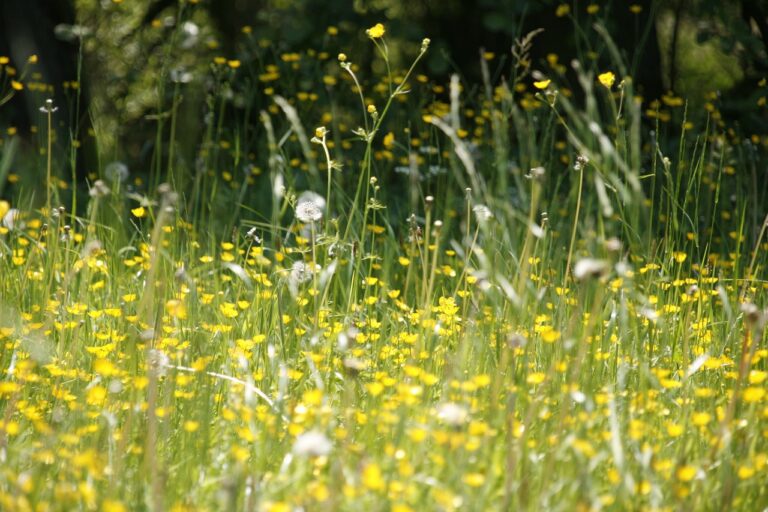
Stay Happy & Healthy! Wishing You a Wonderful Spring!
Please note that the information contained within this article is based on my own experience and principles of healthy living from my knowledge of Ayurveda, aromatherapy & holistic wellbeing. The information and recommendations mentioned herein are not intended as a substitute for the medical advice of a qualified healthcare physician or Ayurvedic doctor. If in doubt, or if you may require diagnosis or medical attention, consult your healthcare provider before implementing or adopting any significant diet or lifestyle changes and taking any herbal supplements.
If you are interested to know more about how Ayurveda can support you in living a more balanced and healthy lifestyle please do not hesitate to reach out to me. Contact me to book in for a FREE clarity call.
